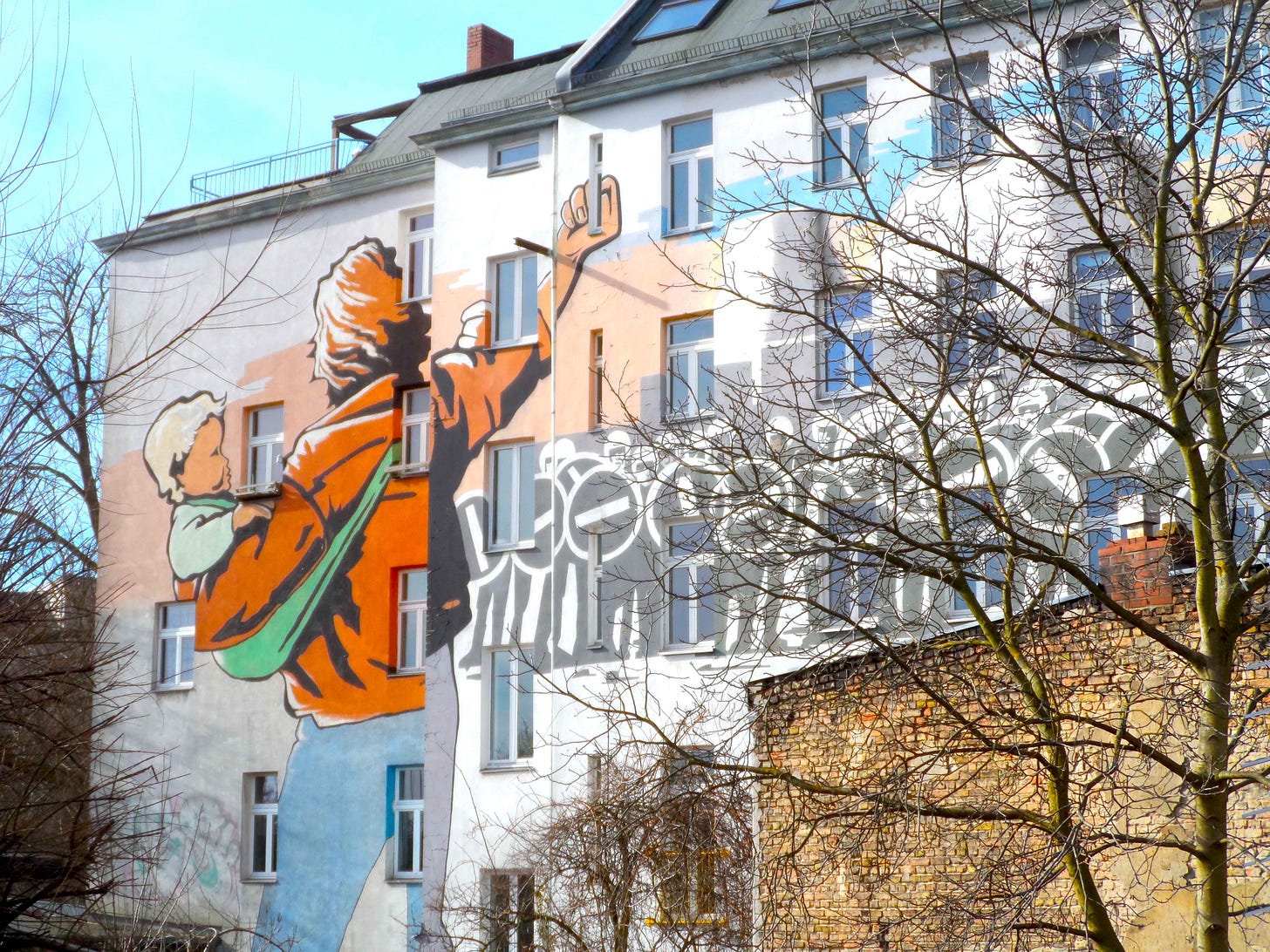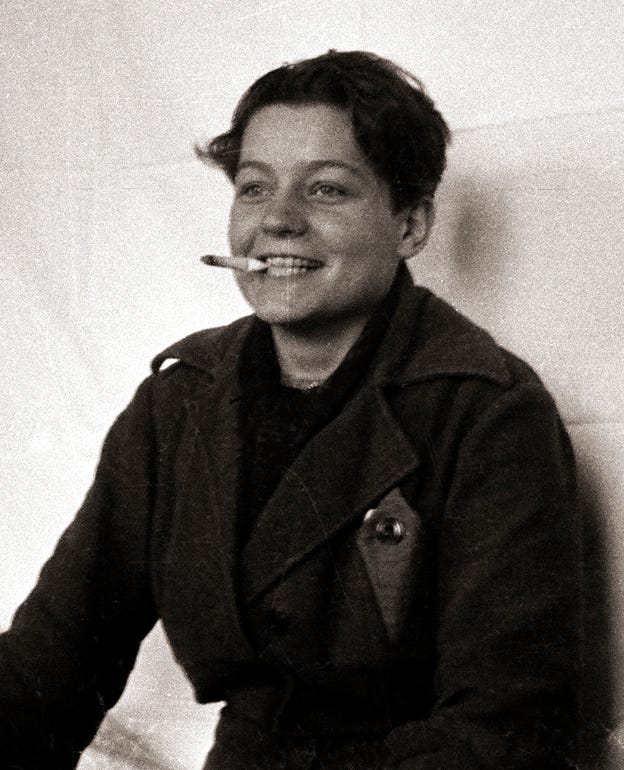Berlin’s historic ’creatives’
are relevant again today
These are the stories of German-speaking artists and writers in Berlin — of musicians, theater- and film-producers, both past and present. “Berlin Stories” is especially about historical figures who stood up against German fascism before 1939 and the beginning of World War II. Drawing from years of research, labor-historian Topper Sherwood takes a "deep dive" into the little-known work of creative individuals battling some very high barriers.....
What you’re getting:
In 2012, Topper Sherwood began exploring German and European libraries, historical archives, and private collections to uncover surprising stories about revolutionary writers, artists and musicians — especially those of Germany’s Weimar Time (1918-1933). These are the stories of the most “radical” German-speaking “creatives” working in literature, theater, film, music and the visual arts. Their best work was feared, politicized, and vilified by “old-school” authoritarians, including the emerging National Socialists (‘Nazis’) and their hate-filled propaganda.
These English-language “Berlin Stories” describe the experiments of revolutionary artists in Berlin and elsewhere, especially those who struggled to do their own courageous work before the Nazis took power in 1933. In some remarkable cases, these young, talented thinkers were able to continue their “subversive” artist-activism secretly in Berlin and elsewhere during World War II.
So whether you are a contemporary “idea worker,” active in publishing, theater, film, music, or the graphic arts — or whether you are a teacher or student of history in these fields, I ask that you join “Berlin Stories” as a paid subscriber. Whether you work on the big, loud stage/screen, in a workshop, or in a classroom, please consider taking a look and get inspired by “Berlin Stories.”
Paid subscribers get this valuable and rich collection of ‘Berlin Stories’, plus the accumulating archive. Non-paying subscribers will get parts of each essay — the first few paragraphs — as well as some author-created streaming audio, occasional Notes, standard e-mail notifications of new material, etc.




